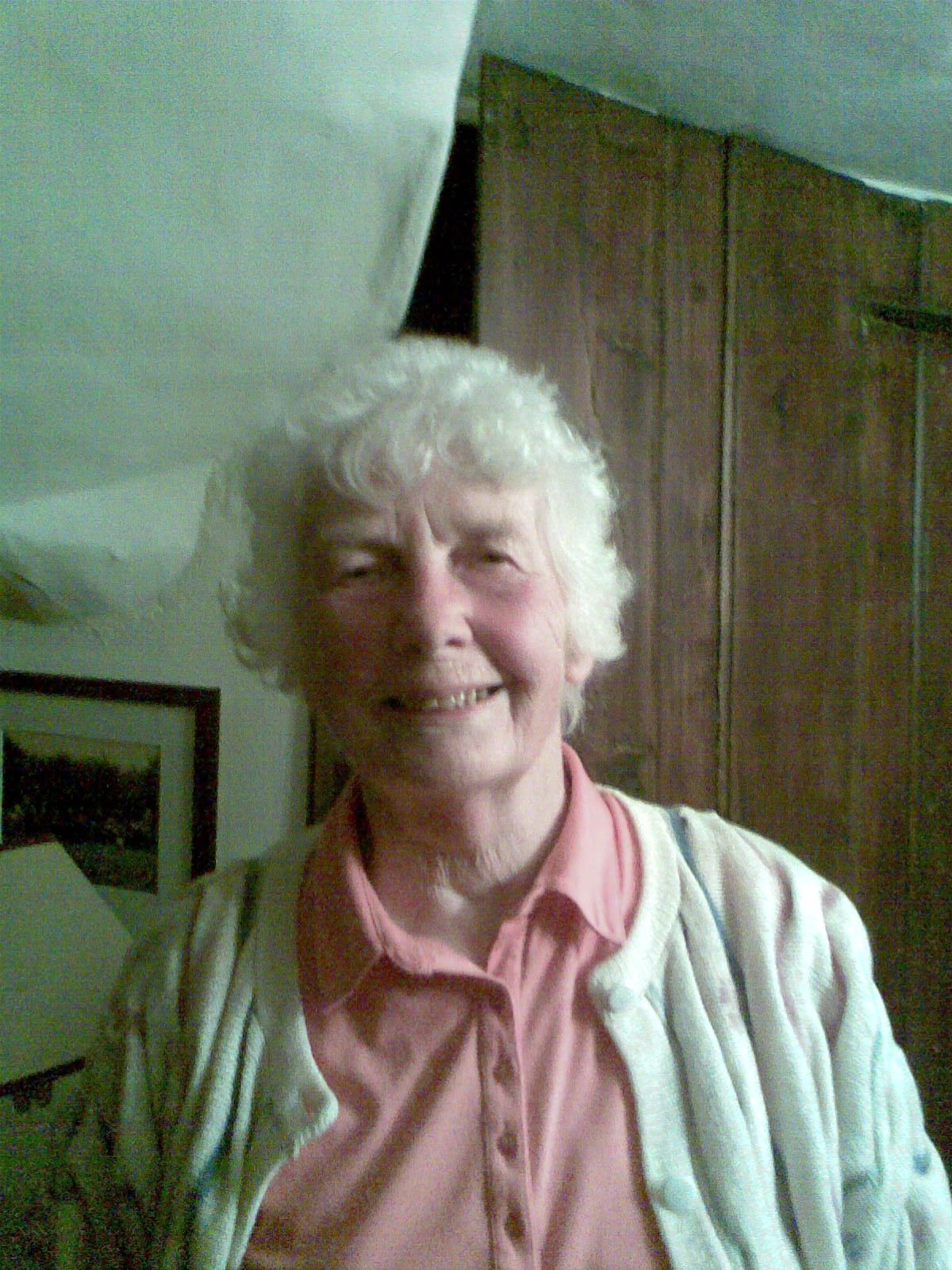The psychoanalyst Donald Winnicott had many things to say about mothers and babies. One is that there is no such thing as a baby. Only a mother and a baby. He also spoke of maternal holding. The idea that the mother “holds” the baby both physically and emotionally. She provides an environment in which the baby can grow and thrive. (Being an old fashioned chap he also assumed that a mother had a husband who could in his turn support the mother. Thus forming a triangle of forces, which I gather is about the strongest and most stable shape one can create.) This blog is one more in a series about Organisations. In this piece I want to compare two environments with which I am familiar. A university and a Community Mental Health team. I shall look at how these two environments manage the task of holding and containing. And their impact on staff.
The original sense of the word “contain” had a sense of how one behaved. Or that one should behave in a certain way. Which still allows for something to be contained in a physical way. If water is in a bowl, then it has to behave in a certain way. If it is held in a pipe, it then has to behave differently. The shape of the container alters the way in which the contained behaves.There are many ways to contain. At one extreme are prisons, secure units and the like. These include cells, seclusion rooms etc. A physical space that offers a holding environment- albeit a very primitive one. Then come organisations like the armed forces, religious orders and similar. They also offer a security along with a sense of safety. Then comes family life. At best this gives security and safety with flexibility. (At best.) Somewhere along this continuum comes school, university, sports, clubs and the like. All give a sense of belonging and security. Allowing their members room to grow and play whilst still having rules and a structure. As with any group all these set ups will be more or less liberal. More or less rigid, depending on who manages them. And their function. (One expects a military unit to be much more rigidly managed than a folk club.)
Until recently I was a university lecturer. The faculty erred toward the rigid end. Module content was strictly defined. The ideal was a pre-set lesson plan setting out learning aims and objectives. Ideally delivered via Power Point with a lecturer sitting serenely at the front of the class. It was a university equivalent of an old Nightingale ward presided over by a Sister who was governed by a Matron with all parties knowing their place and deferring to the Doctor.The comment was often heard from colleagues on another campus that coming to us was like leaving a university and coming into a school of nursing.
Compare this to the Community Mental Health Team to which I have recently returned. The team seems to consist of an uncertain number of staff, which is remarkably permanent! It is only an uncertain to me, I’m sure! Partly because I am only part-time. It also reflects the patients with whom we work. We work with people whose lives are fragmented. People for whom there has not been a good enough holding environment. We are managed but not lead. Our managers used to share office space with the rest of the team. Recently they have moved to their own office-away from the rest of the team .(Logistically this is perfectly reasonable. Managers need a safe space. Emotionally its impact is to leave the team feeling more fragmented. Our parents have moved out, leaving us to manage as best we can.)
To return to the original idea of containment as behaving in a certain way. Both organisations face uncertainty. Anything to do with the NHS is uncertain, whether one is teaching or working on the front line. In the university the unforgivable sin was to not fill in our Outlook diary at least a fortnight in advance. In the Mental Health term the grave error is to not fill in RIO-a system that records clinical data. In both cases the needs of the organisation trump the needs of the individual. In both cases it felt that we, the children, had to contain our parents. Not vice versa. This was because our parents felt uncontained. Nobody held them so they respond out of their experience of being parented.
If we were making biscuits it wouldn’t matter took much how we were managed. The process would be highly mechanised. But in both cases we worked with people. With all their anxieties, questions and uncertainties. As a lecturer and as a clinician my task is to hold these anxieties until they can managed by their owners. In both cases the structure around me does not facilitate this holding. In the university I felt myself to be wrapped in a strait jacket. In the Mental Health team I feel like the famous “motherless child”. Or a child of a mother who is so overwhelmed that she has no time to care for her children. We are left to fend for ourselves.
To return to Winnicott’s statement that there is no such thing as a baby. Only a mother and baby, I wonder how things will work out in the future. Will the university “mother” be able to relax and learn to let her child play? Will the Mental Health team mother get some help with her depression-and be able to care for her “team Child”? If not, then I fear for the health of both mothers and their children.
The link is to Van Morrison’s version of “Motherless Child” http://youtu.be/R7Ls6KyP2-8
Don't give up








